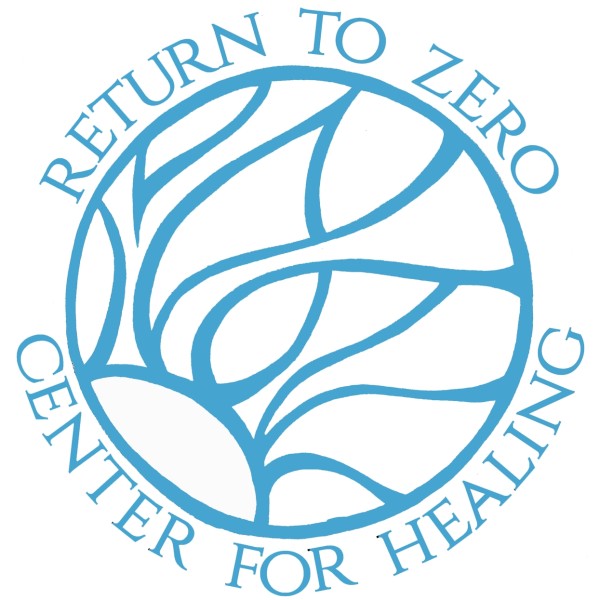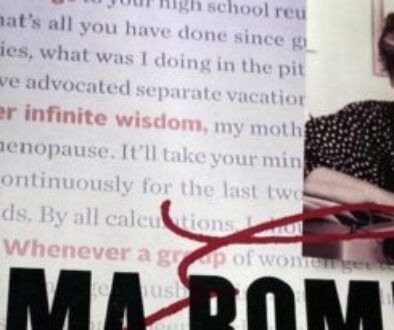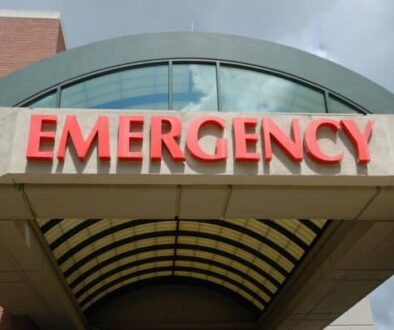Healing After a Miscarriage or Stillbirth: Return to Zero Center for Healing
I felt ridiculous burying a blanket, but my therapist told me it would help, so I did it. And it did help. That blanket symbolized the baby I was supposed to be having, the baby who died before birth, too small still for me to ever hold. Burying that blanket still left me brokenhearted, shattered by broken dreams, dreams of a child who I had yet to even name, but the therapist made it clear I needed to honor the child, to find some kind of closure. That was many years ago, but the hurt comes roaring back like it was yesterday when I allow myself to think about it again.
When you endure a stillbirth or miscarriage, you immediately feel very alone, or at least I did when it happened to me. But the more I shared what happened to me, then and now, the more I heard from other women that they’d also lost a child before birth. It’s just not something people talk about—until it happens to us—until we find another who suffered a similar fate. But it turns out more of us suffer this fate than most people realize. I was stunned to find one in four pregnancies ends in a loss. One in four! Yet, we suffer quietly through our loss and when we do talk about it, few others know what to say or how to help. But Kiley Hanish is hoping to change that.
She went through a stillbirth at 35 weeks. She got to hold her child for a brief moment, but will spend the rest of her life feeling the loss.
Her pain led her to a deep depression. Eventually, she was able to share her story and it was adapted into a Lifetime Television movie starring Minnie Driver called “Return to Zero.”
The film, created by Hanish and her husband Sean, takes viewers through the couple’s emotional ordeal and their eventual recovery. “Return to Zero” became more than a movie, though, leading them to launch a grassroots movement that has reached across continents. She created ReturntoZeroHealingCenter.com, a leading online resource for families coping with the tragic and unexpected loss of a baby. It is a place to find educational information, important advice from health practitioners as well as helpful links to numerous organizations. The website supports parents no matter where they are in their grieving process. Hanish is also working to develop programming for hospitals on how to provide support to couples who have experienced a miscarriage or stillbirth.
And now, she’s offering solace and relief during retreats meant to help heal.
Over the past year, Kiley has launched Healing Retreats that, in her words, “provide an opportunity for women to shut out the world for a brief time, connect with their child, nurture themselves, and engage with others who are walking a similar path”. The 2015 Return to Zero Healing Retreats are filled to capacity, and so she is now organizing 2016 retreats in Ojai, Calif., New South Wales, Australia and Asheville, North Carolina, and Kiley now plans to expand the program by hosting numerous other retreats across the country on an on-going basis.
These retreats sound like such an amazing way to heal…to know you are not alone…to work your way through agonizing grief. I wish they’d been around when I needed it most.
So, I commend Kily for creating them, but knowing the retreats for this year are pretty much full (note—I’m told here are a few spots available for one in LA this October), I asked her for help for any reader who may be experiencing a miscarriage now. My questions and her answers are below.
SFB: You explained that your efforts now are helping you heal and transforming your grief. Tell me about the path to getting to this place. At what point did you realize this would be helpful to you and others?
KH: For the first eight years following my loss, I did not talk about my grief. I was traumatized by my experience and stuffed my feelings deep down inside of me. Part of this was my own coping mechanism, but society’s inability to deal with death, especially an out of order death, also played a part in my silence.
During the process of getting the movie out into the world, people began to ask me about my perspective. Slowly, I began to share my story and feelings surrounding our loss. I am a very private person, so opening up so publicly was scary for me, however it was essential in my own healing process. Isn’t it always what is most difficult that is most rewarding? I can now see that it was by taking the risk to be open with others that I was able to heal my wounded heart.
At about the same time that I was opening up, I was inspired by the idea of creating a retreat for women who had experienced the death of their baby – I wanted them to be nurtured and cared for and have the opportunity to connect with other moms. It was instrumental in my own healing to listen to others sharing their story – because by doing so, my own feelings were validated and I didn’t feel crazy.
Being able to help others in their healing journey is the highest honor and also transformative in my own healing. It’s a sense of belonging, feeling heard, finding the “new normal”.
SFB: I can imagine some people would see these gatherings as very depressing, but I don’t think that’s the message you’d want people to take away. What is that message you want shared about your events?
KH: Yes, some people might think the retreats are depressing, but they are actually the opposite of that. We try to create an opportunity for women to be their authentic selves. At the retreat, they don’t have to appear like everything is “okay” to set others at ease. Rather, by being allowed to express how they truly feel, there is the possibility for them to connect back to their true self, find that part of them that they thought they lost, and as a result there is laughter, so much laughter. At our past Australia retreat, one woman told us that she hadn’t laughed so hard since before her baby died. Of course, there are intense moments and sad times, but we focus on self-care, hope for the future, and finding joy and meaning in life after this type of loss.
SFB: The events are great, but with the 2015 events already full and 2016 events a good while away, where do you send people who could really use this kind of community now?
KH: I do have a day retreat in October in Los Angeles that still has spaces open, so that is one option. However, the first thing I recommend people doing is finding a support group in their local community. Social support has been found to be extremely beneficial following the death of a baby.
There are also a lot of online resources, including support groups and events. I have compiled quite a few of resources on my website, www.returntozerohealingcenter.com.
SFB: What advice do you have for others who hear about a loved one’s miscarriage…what are the magic words they should say to offer comfort?
KH: The death of a baby is unlike any other. We are often at a loss for words and actions and believe that it’s better to not say anything in the case we may upset someone. However, this seems to have the opposite effect, isolating the parents even more in their grief.
Something like “I am so sorry for your loss”, “I am so sorry your baby died”, “I am at a loss for words”, or “There is a connection between you as a mother and your baby that you carried that can never be broken and you will love him/her forever” are good phrases to show your support. It’s nice to ask the parents – very important to refer to them as parents – if they named the baby, to see a photo of the baby, and ask about their experience of parenting the baby in the short time they had him or her. Make sure to remember, ask about, and care for the father, as he is also grieving.
It can be helpful are to arrange for meal delivery, meal gift cards, or grocery gift cards (2-4 weeks after the baby’s death is most critical). If they have living children, offer to take the children for outings and let the parents have time to grieve alone or together.
Most importantly, be present, listen, and sit with them. Ask what would feel healing or helpful.
Birthdays, anniversaries (death, due date, etc.) and holidays are especially difficult. Let the parents know that you are thinking of them and their baby on these special days by practicing thoughtfulness (i.e., card, flowers, small gift, cake, balloons, candle). Be open and accepting of however they choose to celebrate these holidays. The grieving process is never over and parents are always grateful for your thoughtfulness. Months after the baby has passed away, it can be helpful to continue to send “thinking of you” cards or thoughtful gifts.
If you’d like to know more, go to her site:
The list of 2016 retreats is below.
2016 Retreats
Ojai, CA
January 14 – 17, 2016
Pregnancy and Parenting After Loss – Women’s Healing Retreat
New South Wales, AU
March 3 – 7, 2016
Australia Women’s Healing Retreat – Nurturing – Healing – Transforming
Asheville, NC
June 2 – 5, 2016




